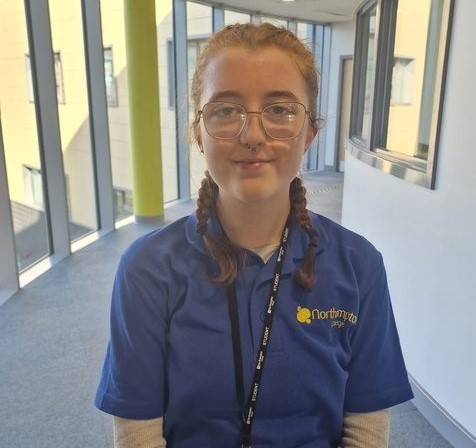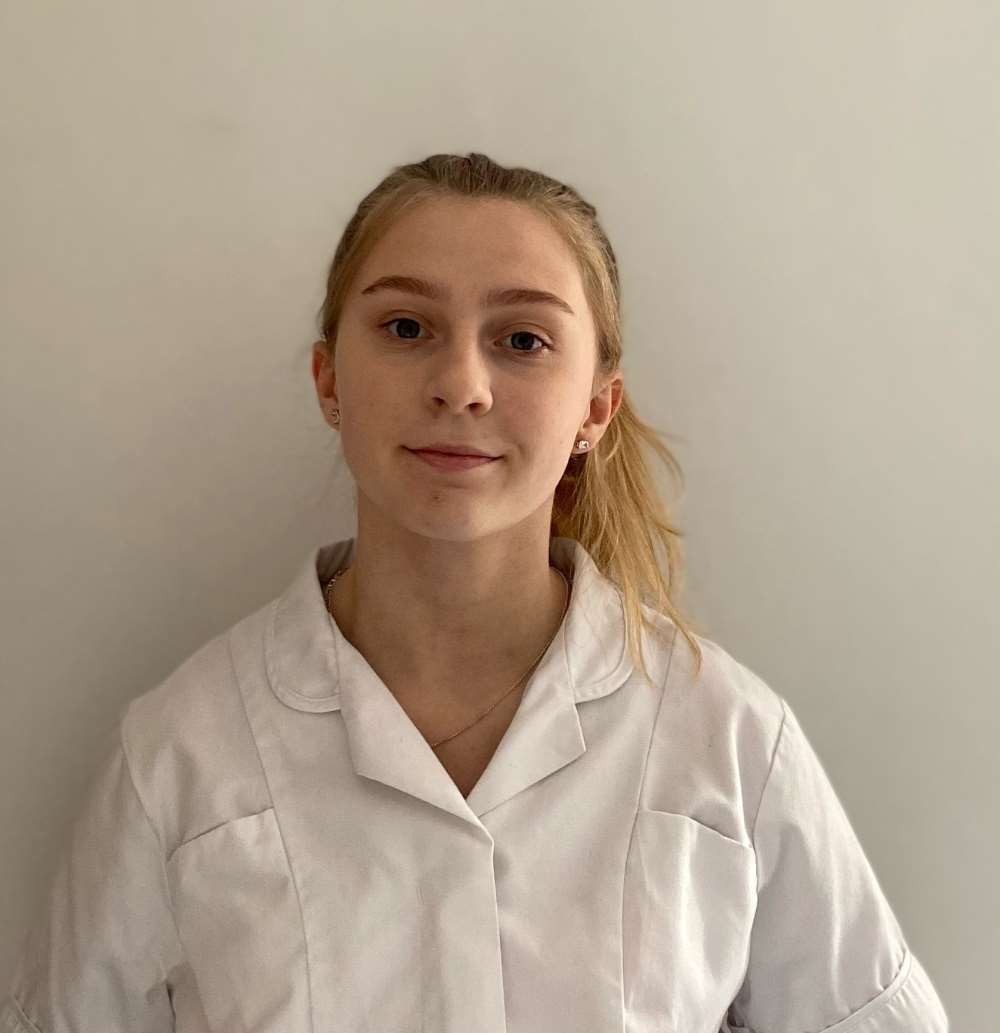The BTEC First Extended Certificate in Engineering is a qualification in the UK for students who want to learn about engineering and how things work. This course is designed to be hands-on and gives students an introduction to different areas of engineering.
Engineering is about designing, building, and fixing things. Engineers work with machines, tools, computers, and even electricity. They solve problems and help make products that are useful for people in everyday life, like cars, bridges, and computers.
This course is ideal if you have not studied Engineering before and would like to develop the skills required for a career in Engineering. It is particularly suitable if you want to progress to L3 Btec
To help with theory content, extra lessons in the form of GCSE English and Mathematics may be available to give you further support. And will receive strong personal tutorial support.
After successfully achieving this qualification, you could progress onto a L3 Study Programme
-
What will I study?
In the BTEC First Extended Certificate, students learn about basic engineering skills. They study things like: Engineering Principles: Learning how things work and why. Engineering Tools and Machines: Understanding how to safely use tools and equipment. Electronics and Electricity: Learning how circuits work and how electricity is used in machines. Drawing and Designing: Using drawing skills to design parts and products, sometimes on the computer. The Engineered World: Learning about the different types of engineering and what engineers do. Health and Safety in Engineering: Learning how to stay safe while using tools and equipment. Mathematics in Engineering: Basic maths skills needed in engineering, like measuring and calculating.
-
Who is this course for?
The BTEC First Extended Certificate in Engineering is a good choice for students who like to understand how things work, enjoy building or fixing things, and want to learn practical skills for the future. This course is hands-on, which means students get to try things out themselves. They might make a small model, test a simple circuit, or design something on the computer. This helps them learn by doing, which makes it fun and interesting.
-
How is the course assessed?
The course has different units, which are like mini-subjects. Each unit covers a different area of engineering. Some units are externally assessed by exam and some are assessed by assignments.
Students do practical projects and written assignments to show what they have learned. They are graded on how well they understand the topics and can use their skills.
-
Your Study Programme
If you are aged 16-18, you will join a Study Programme. We will make sure you are working at the right level on your core qualification and are challenged to achieve the highest level of qualification you can. All students will continue to improve their maths and English and if you don't have a grade 4 (C) at GCSE, we will work with you towards achieving that goal (subject to specific entry requirements for particular courses). Work experience will be part of your study programme and complement your college study and prepare you for employment. You will also get involved in activities to help you develop life skills and to build your confidence so you can make progress in your career. Weekly timetables will include tutorial support which may comprise of full group activities or one to one sessions to discuss individual progress or support needs.
-
Knowledge
You will develop a thorough knowledge and understanding of:
- The awareness of health and safety regulations, relevance to the occupation and the machinist's responsibilities
- Engineering representations, drawings, graphical information and specifications
- Machining operations and techniques to produce complex components.
-
Skills
You will have the ability to:
The BTEC First Extended Certificate teaches important skills, including:
Problem-Solving: Thinking of ways to fix problems and make things better. Teamwork: Working with others to complete projects. Practical Skills: Using tools, understanding machines, and creating designs. Safety Awareness: Knowing how to work safely in an engineering environment.
-
Behaviours
What is required?
The BTEC First Extended Certificate teaches important skills, including:
Problem-Solving: Thinking of ways to fix problems and make things better. Teamwork: Working with others to complete projects. Practical Skills: Using tools, understanding machines, and creating designs. Safety Awareness: Knowing how to work safely in an engineering environment.
-
General info
Students will be expected to purchase some basic equipment relevant to the course.
It is expected that students come prepared for all sessions ? basic stationery is a must.
-
Progression and Career Opportunities
After completing the BTEC First Extended Certificate in Engineering, students may go on to: Study Further: They can take a higher-level engineering course, like the BTEC Level 3 in Engineering. Apprenticeships: Students can work and train at the same time, getting paid while they learn. Engineering Jobs: Some students may find entry-level jobs where they can use their skills right away.
-
Entry Requirements for new students
4 GCSEs at Grade 3 including maths and English
-
Admissions Process
We recommend that you attend one of our exciting open events so that you can look around the department, the college and meet the tutors. You are welcome to do this before or after you apply. These events have proved very successful in ensuring students and their families see the best of what the college has to offer such as our inspirational teaching areas, teachers, library facilities and places to eat.
Once you have applied our experienced Enrolment team will consider your application carefully and will let you know, by email, if the College would like to make you a conditional offer based on you meeting the specified entry requirements. If your predicted grades or career aims suggest that an alternative subject area or course level would be more appropriate for you at this stage, we will contact you either by telephone, email or text. If you have told us that you have some additional support needs we will contact you to find out more so that we can help you.
If you have applied for an Apprenticeship, your application will be passed to our Apprenticeship team who will be in touch by telephone or email.




